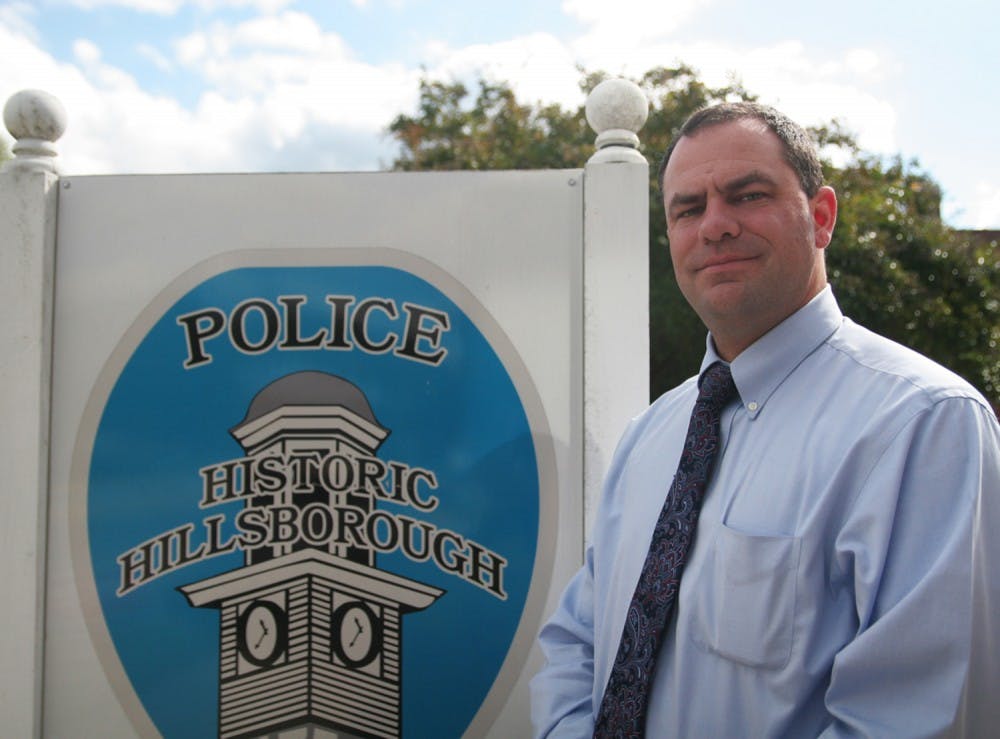In a press release from Jan. 25, the department announced that it was adopting the Cognitive Command (C2) Training program.
Jonathan Page, a neuroscientist, law enforcement researcher and the president of C2 Training has been developing the program for the past decade. The program has been in field-testing for the past three years, Page said, and is just now being offered to police agencies.
“There’s been some other research projects going on with some other departments. But Hillsborough was the first department to say, ‘We want this for our entire department.’ So I think that’s noteworthy for them — they’re very forward-thinking.”
Built on scientific principles of brain-functioning, the program is designed to create subconscious habits to guide more effective policing behavior, Page said. The program looks at things like the brain’s tendency to fill in the blanks, its limited attention-span and its ability to act quickly. It takes advantage of these tendencies so that the brain will be free to think, and plan and engage in other things.
Catherine Wright, spokesperson for the town of Hillsborough, said the police department has been trying to make every day a training day.
C2 Training begins by giving officers a toolbook that includes exercises and learning material, followed by classroom training sessions and then a training period that lasts for 10 weeks. The training is self-administered, with veteran officers engaging in various exercises five days a week to build habits while on and away from the job.
Hillsborough Police Chief Duane Hampton said the training emphasizes three key concepts — breathing, mental imagery and self-talk — to combat stress in critical moments and maintain mental sharpness.
“It’s designed to help our officers build patterns so that when stress starts hitting them, they’re able to keep control of the situation — they’re able to keep control of themselves — they don’t fall into tunnel vision and overreactions,” Hampton said.




